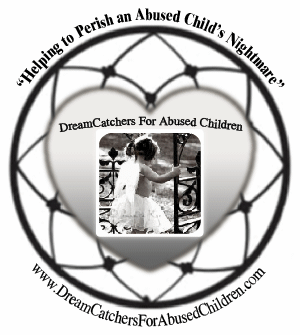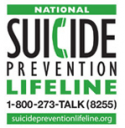
Objective: To evaluate the efficacy of child and caregiver participation in the cognitive-behavioral treatment of sexually abused children with posttraumatic stress symptoms. Method: Thirty-six sexually abused children (aged 5-17 years) were randomly assigned to a child-alone cognitive-behavioral treatment condition, a family cognitive-behavioral treatment condition, or a waiting-list control condition. Results: Compared with controls, children who received treatment exhibited significant improvements in posttraumatic stress disorder symptoms and self-reports of fear and anxiety. Significant improvements also occurred in relation to parent-completed measures and clinician ratings of global functioning. In general, parental involvement did not improve the efficacy of cognitive-behavioral therapy. Maintenance of improvement was evident at a 12-week follow-up assessment. Conclusions: Cognitive-behavioral treatment was useful, but further research is required on caregiver involvement. J. Am. Acad. Child Adolese. Psychiatry, 2000, 39(11):1347-1355. Key Words: children, sexual abuse, posttraumatic stress disorder, treatment, randomized trial.
READ MORE HERE:
http://business.highbeam.com/5884/article-1G1-67589561/treating-sexually-abused-children-posttraumatic-stress
































![Validate my RSS feed [Valid RSS]](http://dreamcatchersforabusedchildren.com/wp-content/uploads/2009/10/valid-rss.png)












